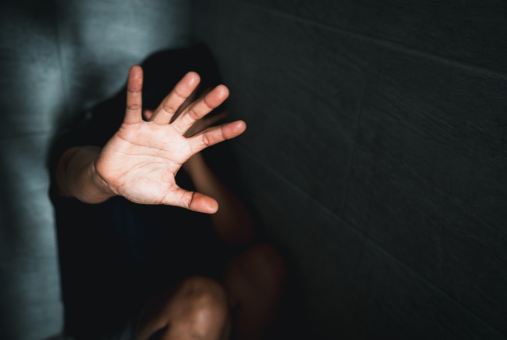
Brazilian investigative association Abraji reports a continued decrease in gender-based violence against journalists. However, press advocates say the nature of attacks is still serious.
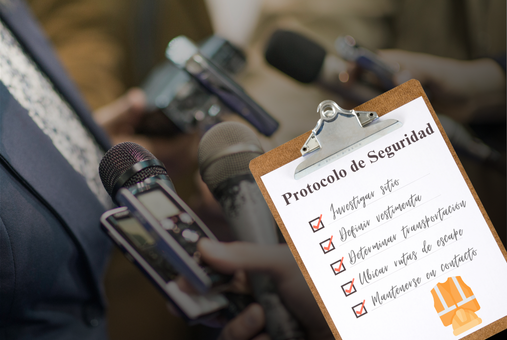
Considering the dangerous environments for press professionals in Mexico, nine newsrooms in various parts of the country learned to build their own physical, digital and facility security protocols based on their specific circumstances, as part of the Safer Newsrooms initiative from the IAPA and Google News Initiative.
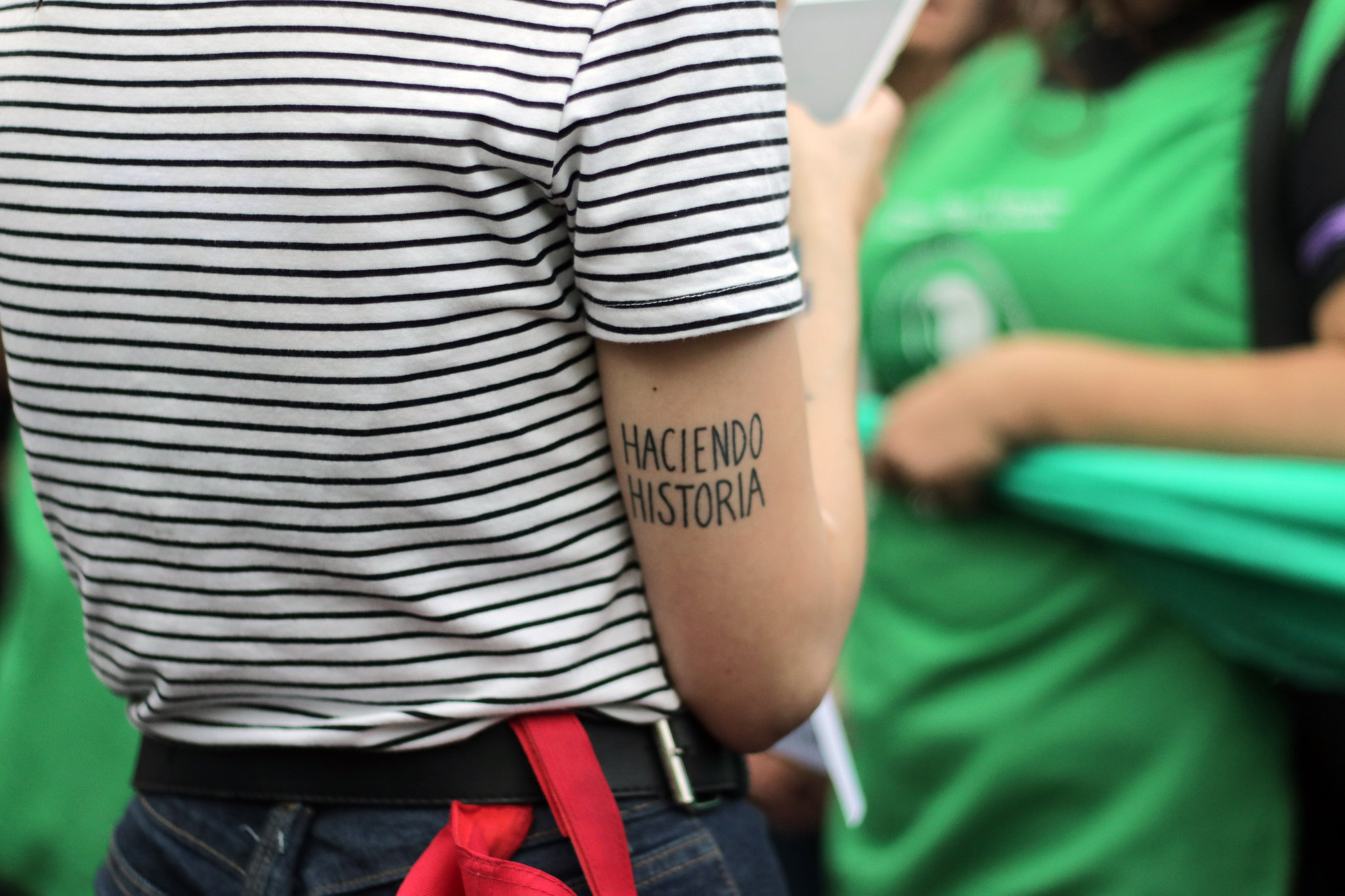
As women’s rights have advanced in Argentina, six in ten women journalists are facing a backlash of online violence, Amnesty International finds. ‘When progress is made, resistance is greater,’ said one editor.
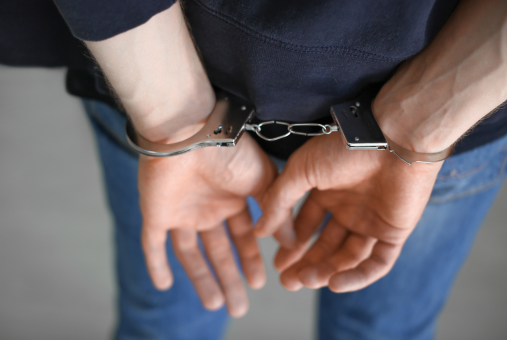
Three months after Nicolás Maduro’s disputed reelection, authorities are targeting journalists who appear to be critical, pushing many to self-censor, hide or flee the country.
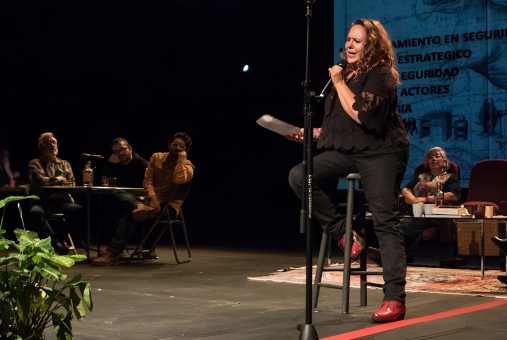
“The journalists tell,” a production from theater company Teatro Línea de Sombra and independent media outlet Elefante Blanco, seeks to raise awareness about the press’ experiences in Mexico.
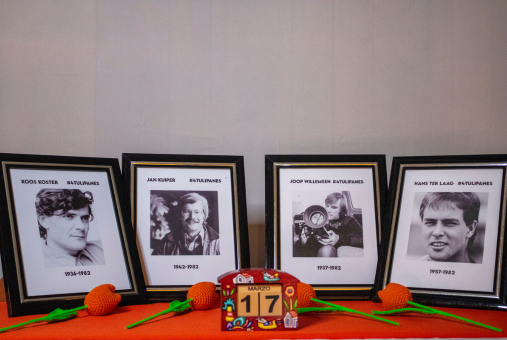
Two court cases seeking closure in the 1982 ambush and murders of four Dutch journalists in El Salvador are currently open in the U.S. and the Central American country.
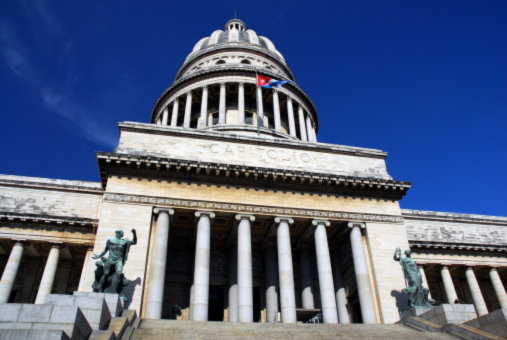
The Cuban regime has intensified repression against independent journalists, subjecting them to interrogations and threats, and accusing them of being mercenaries. Watchdogs say these actions seek to silence the independent press and force journalists to abandon their profession or go into exile.

The fund was established after journalist Jineth Bedoya won a lawsuit after she was tortured and sexually abused for her reporting. It aims to support prevention efforts and helps female journalists who survive violent attacks.
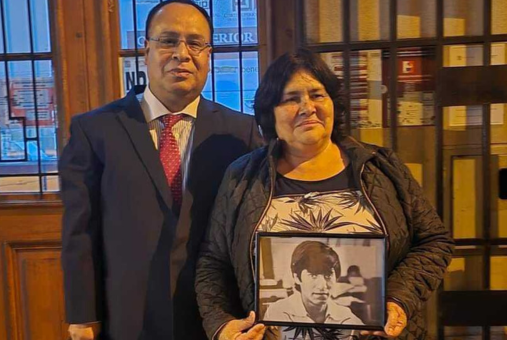
Journalist Jaime Ayala Sulca disappeared on Aug. 2, 1984 after entering the Navy Headquarters in the municipality of Huanta, Peru. After two years of trial, one of the defendants has been sentenced.
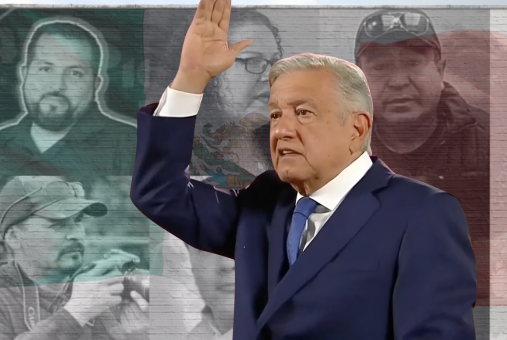
These were the main challenges faced by journalism and press freedom during Andrés Manuel López Obrador’s government in Mexico.
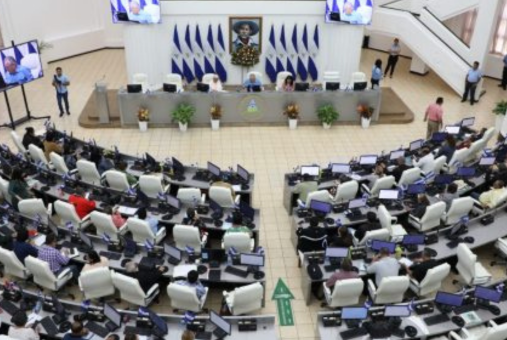
Daniel Ortega and Rosario Murillo's regime is wielding a new cybercrime law to target journalists – including those in exile – empowering authorities to seize their assets and monitor their family members in Nicaragua.
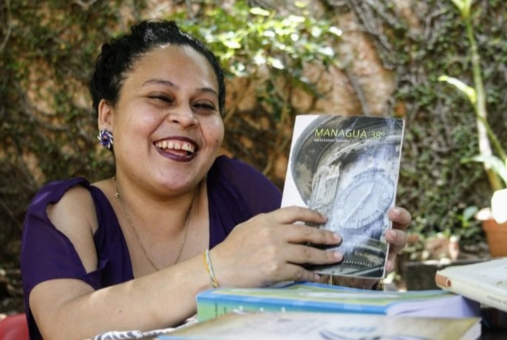
On July 12, Nicaraguan authorities raided Tercero's home and, since then, her whereabouts have been unknown. Organizations and journalists demand the State of Nicaragua start providing answers.